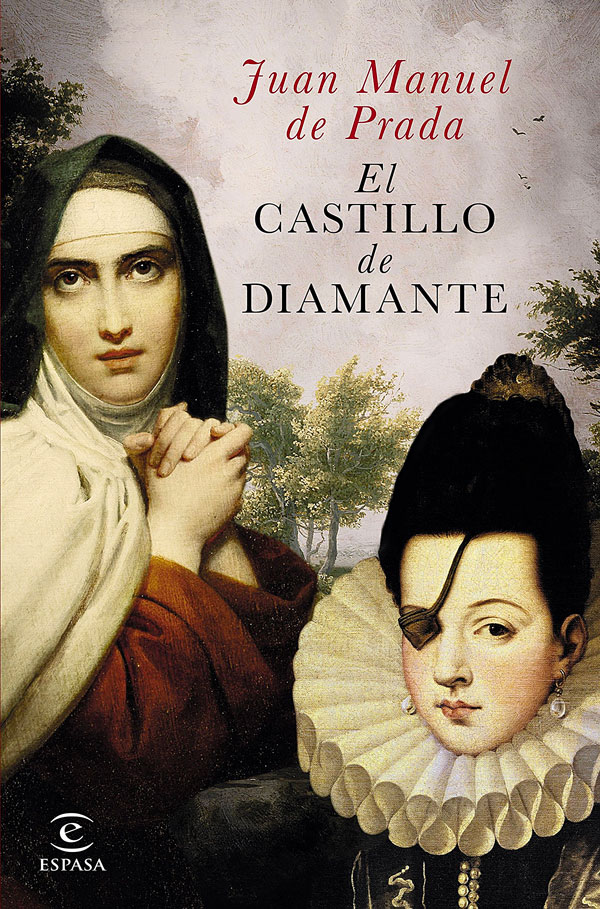
Mirlo blanco, cisne negro
Alejandro Ballesteros, an aspiring novelist newly arrived in Madrid, meets Octavio Saldaña, a veteran and brilliant writer banished to oblivion following a meteoric rise in his youth.
Alejandro soon falls prey to the dazzling personality of Saldaña, who takes the young “black swan” under his wing, determined to transform him into the latest “rara avis” on the Spanish literary scene.
However, what started out as a relationship of mutual enchantment ends up becoming a toxic, destructive friendship. It is not long before Saldaña reveals himself to have a genius for psychological manipulation, and Ballesteros is soon a puppet in his master’s hands.
In his lust for power, Saldaña seeks to sow discord between Ballesteros and his girlfriend Paloma, and even allows the young man to flirt with his wife Nieves. Ballesteros begins to lose control over his life and work, but is he as innocent as he seems or is he in fact looking to take advantage of Saldaña’s wisdom and talent?
In Rara Avis, Black Swan, Juan Manuel de Prada offers his most heartfelt, personal work. An unsettling reflection on masters and their disciples, on the desire to possess and the yearning to succeed. A novel that begins as an unflinching satire on the literary world only to become a poignant drama on the literary vocation, “which devours its finest children”. Midway between farce and tragedy, Rara Avis, Black Swan is also (for those who can read between the lines) a no holds-barred confession by its author, who rewards us here with one of his most complex and powerful characters, his most dazzling dialogue and literature in spades on each and every page.
«The novel from Juan Manuel de Prada, is all about a writer’s condition, their ambitions and the limitations they will inevitably run up against, recounting the tale of a master and his disciple, with the doses of perversity, fascination and ultimate impossibility traditional in such stories. For the fact is that Rara Avis, Black Swan is an entertaining read, albeit in an array of interlocking ways. But the real fun lies in the author/narrator/character mirror games, a three-ring circus in which De Prada as soon belittles himself as he does place himself on a pedestal, playing on his own public image and his literary output. This approach yields passages of entertaining insolence, a delight for theoreticians of the ego.» Nadal Suau, El Cultural
«What truly matters in this riotous, impassioned, sometimes dazzling, sometimes irritating, always fevered tale is the claim made for literature as suffering, for literature as reckless salvation, in the Cervantine spirit whereby, if one does not finish first, one must at the very least die in the attempt.» Javier Goñi, El País
«Rara Avis, Black Swan takes an unflinching look at the tight-fistedness, grudges, back-stabbing and pettiness common to the industry. But also at issues of a more serious sort, concerning the way a novel is constructed, the nature of apprenticeship and the relations between well-established authors and their up-and-coming counterparts. Above and beyond personal and more or less autobiographical aspects, the novel deals with other, more profoundly literary aspects, such as the vocation itself or the technical aspects of fiction.» Ángel Vivas, El Mundo

